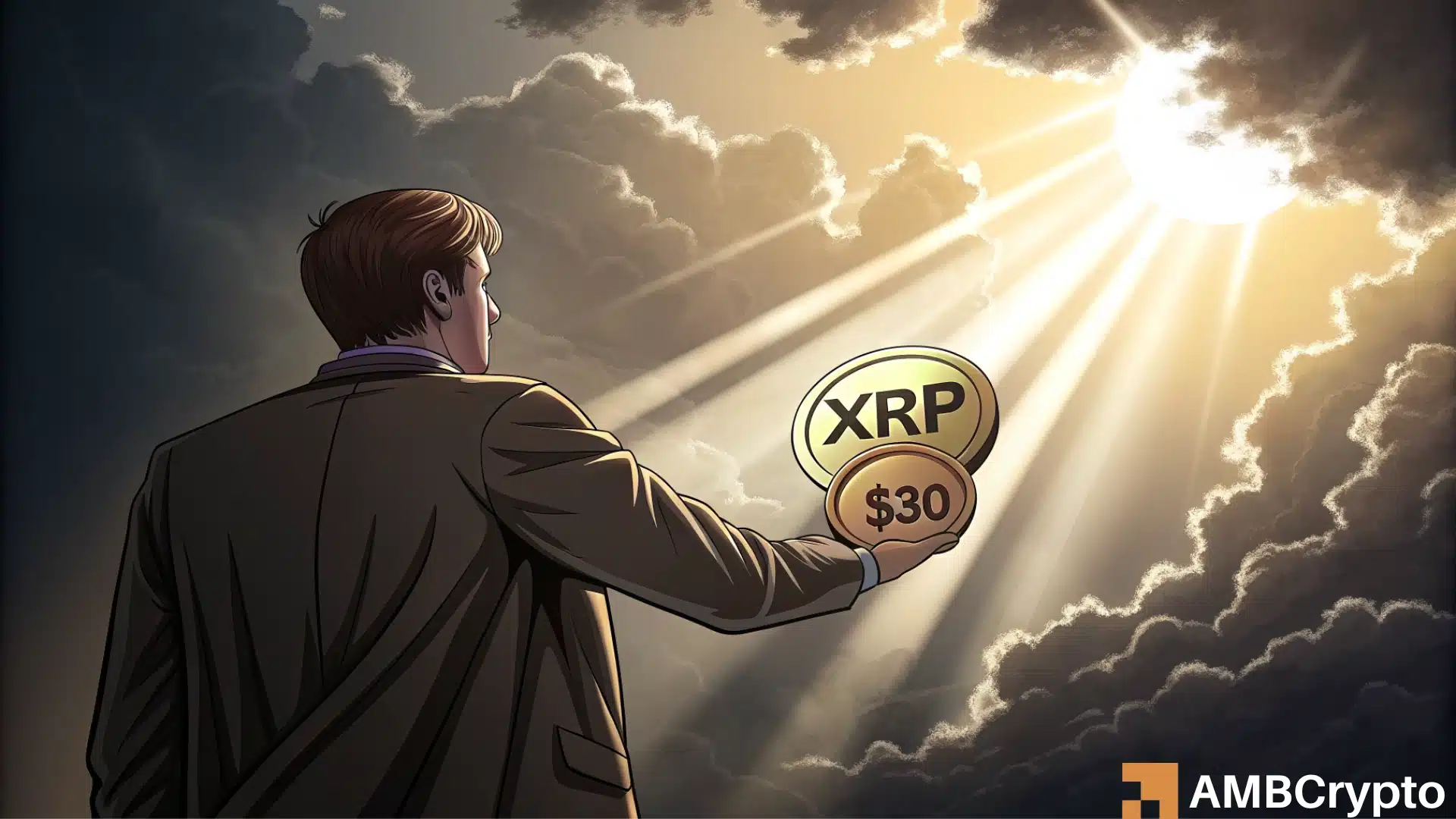
In the world of crypto assets, it is said that time passes quickly. No one knows it better than journalists. It’s your job to keep track of pretty much everything that’s going on, so much so that if you take your eyes off it for just a few days, you feel overwhelmed.
For several months after the FTX demise, I lived a brutal reality. I had few holidays. I’m really grateful that I finally took a few days off the other day and was able to spend time with my family.
However, it seems that the time to take a break was wrong.
During the vacation, an exceptional event occurred. The rise of Bitcoin NFTs by Ordinal is an interesting and potentially significant one. At any other time, it would have been the biggest news.
However, the most notable news now is the crackdown by the SEC (US Securities and Exchange Commission). Many have interpreted it as part of a heavy-handed effort to eliminate the entire cryptocurrency industry. Newly, news has arrived that new rules have been proposed that would make it impossible for Registered Investment Advisers (RIAs) to use many existing crypto asset custody services.
After scammers stole or blew tens of billions of dollars in assets, the SEC has focused much of its crackdown on organizations that many crypto veterans consider to be “good people.” , concentrating on services that appear to be far less dangerous than those that acted brashly in 2021-2022. This reality teaches us many difficult lessons about the regulatory pattern surrounding crypto assets and finance in the United States.
Spotted Kraken and BUSD
This is particularly evident in the crackdown on major exchange Kraken in response to the suspension of staking services in the United States by paying $30 million (about 4 billion yen) to the SEC as a settlement.
For many, the crackdown on the Kraken seems wildly misplaced. For a decade, Kraken has been a pillar of the crypto ecosystem and has consistently been a company of integrity.
The tool in question may not have been the ideal setup. For staking users, it seems that it was easy to be attacked as a “securities” because it was not an easy-to-understand fee-based mechanism.
However, the services offered were fundamentally solid and useful to the ecosystem. It was completely different from “lending platforms” such as Celsius Network and Voyager Digital, which went bankrupt last year.
Stablecoin ambiguity
The crackdown on stablecoin Binance USD (BUSD) is a little off the mark. The SEC is reportedly suing Paxos, which issues Binance-branded stablecoin BUSD. The SEC considers BUSD an unregistered security.
Paxos announced that it will suspend the issuance of BUSD. Binance, one of the largest offshore cryptocurrency exchanges, is less regulated and lacks the legitimacy of Kraken. But Binance has also been a largely good organization over the past five years.
Furthermore, BUSD may be a victim of ambiguity surrounding the concept of a “stablecoin”.
Regulators and crypto alike are still traumatized by the events of last spring when TerraUSD (UST), a stablecoin based on the controversial idea of algorithmic price stabilization, fell dramatically. It seems BUSD, however, is a backed stablecoin that is guaranteed to be redeemed by banked dollars.
Introspection instead of complaints
In that case, it is reasonable to think that there is some political intention. These crackdowns by the SEC came after the SEC was unable to detect or prevent large-scale fraud. Some believe that SEC Chairman Gensler had an unusual friendship with one of the biggest fraudsters, former FTX CEO Sam Bankman-Fried.
The crackdown on the Kraken and Paxos cannot help but be seen as an example of enforcement action against easy targets. Hester Pierce, who is set to leave the SEC, agrees.
But there’s no point in lamenting that the SEC is cracking down hard after the fact. The SEC is in power, and its regime is unlikely to change anytime soon.
The past year has certainly seen many embarrassing scammers and damaging charlatans in the crypto world. As Bloomberg columnist Matt Levine pointed out, once people lose their money, even the most valid arguments against irrelevant regulation fall on deaf ears.
It’s undeniable that the 2021 bubble has fueled investor fervor among investors, developers, and the media, and made heroes of those who turned out to be scammers. The smell of money dulled critical thinking and created a state of euphoria.
A crackdown by the SEC is likely to impose many disproportionate burdens on virtually innocent organizations. But the crypto industry as a whole still needs to introspect, take responsibility for itself, and ask itself how best to weed out the front-line scammers the next time the crypto boom hits.
Clearly, we cannot rely on regulators.
|Translation and editing: Akiko Yamaguchi, Takayuki Masuda
| Image: SEC Chairman Gary Gensler (CoinDesk)
| Original: Is the SEC Really the Bad Guy?
The post Is the SEC Crackdown Really Missing the Point?[Opinion]| coindesk JAPAN | Coindesk Japan appeared first on Our Bitcoin News.

 2 years ago
122
2 years ago
122














 English (US) ·
English (US) ·